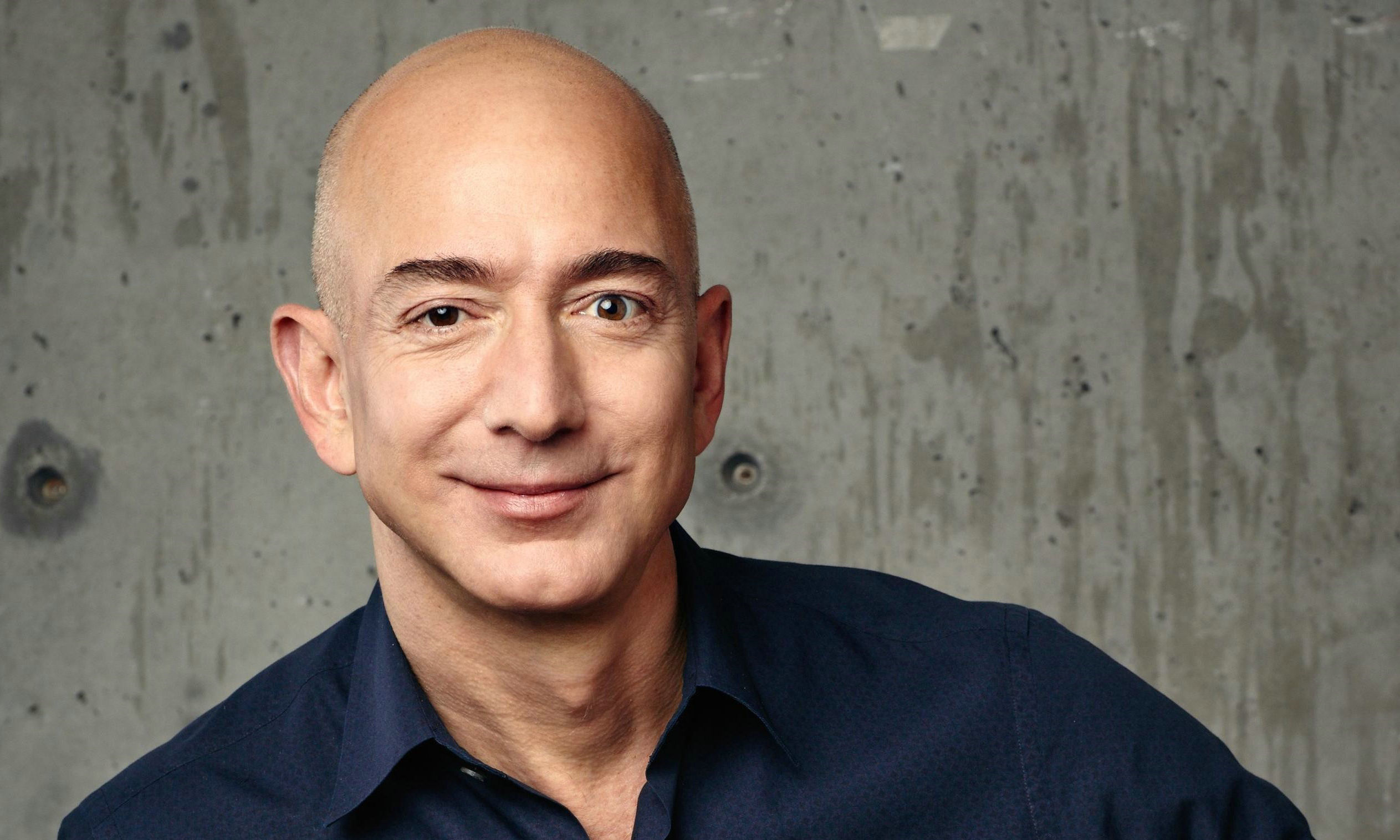In the resplendent galaxy of the fashion industry, Francois-Henri Pinault is not only the guardian of numerous luxury brands but also the helmsman leading them towards the future. As the helm of Kering Group, he not only inherited the business wisdom of the family but also, with his unique forward-looking perspective and bold innovative spirit, pushed the group to the pinnacle of the global luxury field and wrote a series of magnificent chapters about inheritance, innovation, and responsibility.
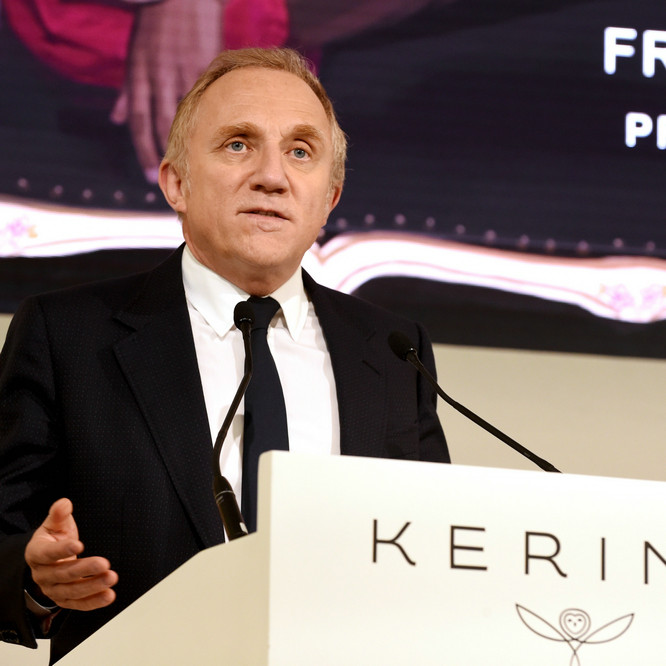
【Family Inheritance and Personal Growth】
The story originated in France in the 1960s. Mr. Francois Pinault, a timber merchant full of entrepreneurial spirit, with a keen business sense and unremitting efforts, started from a small-scale timber trading company and gradually built up the subsequent huge business empire. This tenacity and wisdom, like a genetic code, was deeply embedded in the blood of his son Francois-Henri.
Unlike following the traditional path of directly inheriting the family business, Francois-Henri chose his own path. He initially tested the waters in the technology field and founded Soft Computing Company. This was not only a tempering of personal ability but also a brave exploration of the unknown. However, when the family called, he resolutely returned and brought his personal innovative spirit into the time-honored family business, opening a new chapter for Kering Group.
In 1999, Francois-Henri led the acquisition of the Gucci Group. This landmark event not only demonstrated his extraordinary business acumen but also the perfect combination of family inheritance and personal courage. Subsequently, brands such as Saint Laurent, Bottega Veneta, and Alexander McQueen were successively incorporated under its wing, forming the resplendent constellation of today's Kering Group. Data doesn't lie. In 2021 alone, the revenue of Kering Group exceeded the 13.1 billion euro mark. Behind the growing numbers is Francois-Henri's precise layout and strategic reorganization of the brand matrix.
"True leaders are those who can foresee the future and prepare for it," Francois-Henri said. He not only foresaw the digital trend in the luxury industry but also put it into practice. Through digital transformation, Kering Group not only strengthened its connection with young consumers but also maintained resilience during the pandemic and went against the current, demonstrating his forward-looking and executive ability as a leader.
For Francois-Henri, family inheritance is not only the continuation of wealth but also the relay of responsibility and innovation. He actively advocated sustainable fashion and promoted Kering Group to become a pioneer in environmental protection and social responsibility. For example, Kering was one of the first enterprises to sign the "Fashion Pact" and promised to achieve complete transparency of the supply chain and reduce carbon emissions by 2025. This series of measures is not only a commitment to the environment but also the adherence and sublimation of family values.

【Brand Mergers and Acquisitions and Strategic Reorganization】
The climax of the story began in 1999 when Francois-Henri decided to acquire the struggling Gucci. This was a gamble as well as a well-thought-out strategy. By introducing Tom Ford as the creative director, Gucci was rejuvenated and jumped from the verge of bankruptcy to become the darling of the fashion industry. This merger and acquisition not only saved a brand but also established the influence of Kering Group in the luxury field. In 2017, Gucci contributed one-third of the group's revenue, verifying the accuracy of Francois-Henri's M&A vision.
Under the helm of Francois-Henri, the mergers and acquisitions of Kering Group were by no means blind expansion but a carefully choreographed symphony. From the elegant revival of Saint Laurent to the low-key luxury of Bottega Veneta and then to the avant-garde innovation of Alexander McQueen, each merger and acquisition was a precise reinforcement of the brand matrix, building an all-round coverage from high-end fashion to lifestyle. This diversified strategy enabled Kering Group to achieve 13.1 billion euros in revenue in 2021, with a year-on-year increase of 413%, proving the success of the reorganization strategy.
"We don't simply buy brands; we invest in their future, and we tell their stories." This sentence of Francois-Henri reveals the core of his M&A philosophy. He doesn't just collect brands but activates their potential and tells new stories by injecting capital, innovation, and strategy to regain vitality in the market.
The road of M&A is not smooth. What Francois-Henri faced was how to find a balance between maintaining brand independence and group synergy and how to not lose the brand essence in the process of global expansion. His strategy lies in: respecting the DNA of each brand, providing customized support, and at the same time leveraging group resources to achieve synergy effects. For example, by sharing logistics and optimizing the supply chain to reduce costs, while encouraging creative freedom to ensure that each brand remains unique.
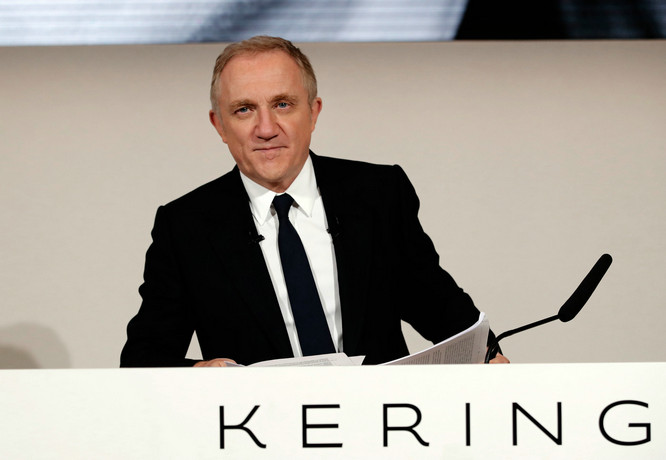
【Equal Importance on Innovation and Sustainable Development】
Francois-Henri knew that true luxury lies not only in materials and craftsmanship but also in respecting the Earth. In 2019, Kering Group announced a landmark commitment: by 2025, all brands and supply chains will achieve carbon neutrality, use 100% renewable raw materials, and at the same time promote circular economy and biodiversity protection. This is not an empty slogan but a specific and grand strategic transformation, marking the group's firm stance on sustainable development.
Driven by Francois-Henri, Kering Group became an experimental field for innovation and environmental protection concepts. Brands under the group such as Gucci launched the "Off The Grid" sustainable series, using eco-friendly materials such as ECONSCRAIL™ yarn (made from recycled fishing nets and nylon waste), and organic cotton. This series not only demonstrated the perfect combination of fashion and environmental protection but also received a warm response in the market, proving the commercial potential of green fashion.
Data is the best witness. In the environmental profit and loss statement of Kering Group in 2021, the reduced carbon emissions and the increased proportion of sustainable materials used were recorded, which not only showed the group's progress on the sustainable development path but also won wide recognition including from investors. According to the report, the environmental initiatives of Kering Group resonated strongly among consumers, enhancing brand loyalty and at the same time attracting more and more young consumers seeking sustainable options.
Francois-Henri once said, "We are the stewards of the Earth, not the owners." This sentence deeply reflects his sense of responsibility for environmental protection. Under his leadership, Kering Group not only implements environmental protection standards in the supply chain but also actively invests in sustainable start-ups and projects, such as the Fashion for Good accelerator, to support innovative solutions and combine environmental protection with the business model to jointly promote industry transformation.
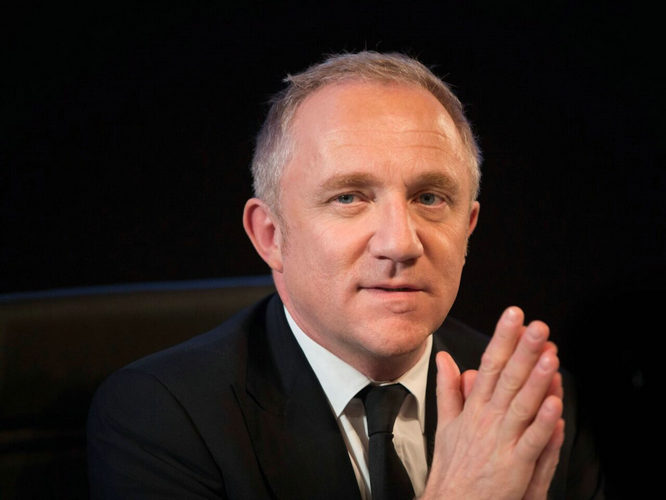
Trailblazing the Digital Frontier: Francois-Henri Pinault's Visionary Leadership in Transformation
While many in the luxury industry basked in the glow of tradition, Francois-Henri Pinault foresaw the dawning of the digital age. Recognizing that the future of luxury lay in maintaining its unique allure while seamlessly integrating into the digital ecosystem, he initiated a comprehensive digital transformation at Kering Group, spanning from internal structures to customer experiences.
Francois-Henri's digital strategy revolves around two pillars: enhancing user experience and optimizing operational efficiency. Brands like Gucci and Saint Laurent, under his guidance, embraced AR technology, allowing virtual try-ons and store visits to break physical barriers, augmenting shopping enjoyment and convenience. Internally, the adoption of big data and AI streamlined inventory management, anticipated demand, and accelerated supply chain responsiveness, thereby boosting market agility.
Gucci's digital evolution stands out as a testament to this approach. Under Francois-Henri's direction, Gucci became a digital pioneer, launching online flagships and partnering with Farfetch for expanded e-commerce reach. In 2019, collaboration with Tencent deepened its Chinese market penetration through mini-programs and social commerce, resulting in substantial sales growth. Post-transformation, Gucci's online sales growth surpassed industry averages, validating the efficacy of the strategy.
"Digitalization is not an end in itself but a tool, serving our core purpose – to create beautiful experiences," Francois-Henri remarks, encapsulating the essence of his digital transformation philosophy. For him, technology serves to craft more exquisite, personalized experiences, not just for showmanship.
Challenges, including balancing digitalization with brand heritage and customer privacy, arose. Francois-Henri's response: continuous innovation with prudence. Dedicated teams were established to explore data utilization under privacy safeguards, and technologies like blockchain were tested to ensure product authenticity, fortifying brand trust.
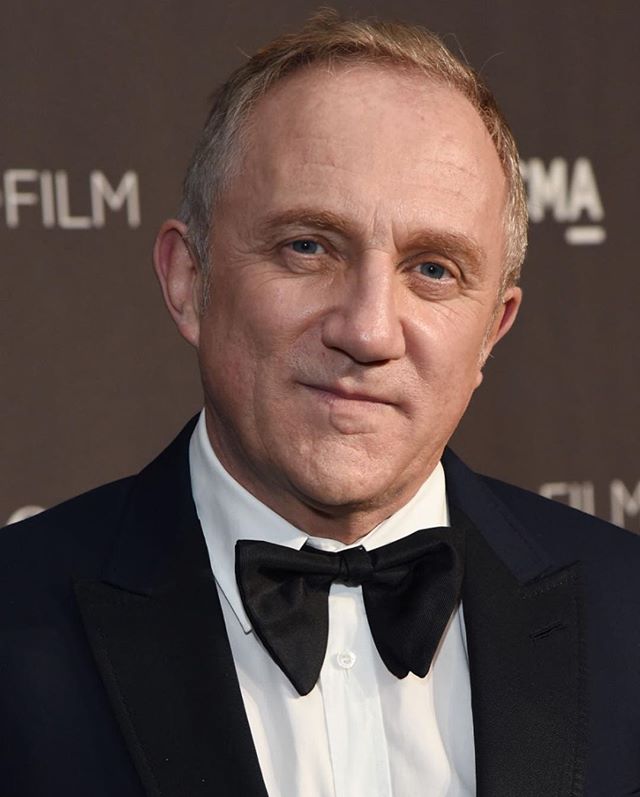
Embracing Social Responsibility
Francois-Henri steered Kering to establish the Kering Foundation, actively engaging in arts, education, women's rights, and environmental protection, exemplifying corporate social responsibility. The foundation is not just a donor but a catalyst for change, fostering initiatives like supporting female entrepreneurs and funding art education, generating positive societal ripples.
Art, a vital link between Kering and social responsibility, saw Francois-Henri drive several popularization projects. "Art into Schools" brought art from elite spaces into classrooms, igniting creativity in countless children. Data shows the program has benefited hundreds of schools and reached tens of thousands of students, sowing seeds of artistic aspiration.
Francois-Henri understands women's empowerment as pivotal to societal progress. Kering's "Women in Motion" initiative provided education, vocational training, and entrepreneurship support. His maxim, "strong women equal a strong society," is a call to action. The project has helped thousands of women develop skills and succeed, fostering gender equality and societal prosperity.
Answering Earth's call, Francois-Henri regards environmental protection as an irrefutable corporate duty. Kering committed to carbon neutrality by 2025 and invested in green projects such as forest preservation and renewable energy. His vision, "a greener Earth for our descendants," is vividly realized through projects covering millions of hectares, reducing carbon emissions, and adding green to Earth's future.
Francois-Henri's CSR journey embeds more than charity into corporate culture; it integrates responsibility into strategy, seeing corporations and society as intertwined, with business growth fueling communal progress. This shift elevates brand image, fosters employee loyalty, and attracts socially conscious consumers, fostering a virtuous cycle.
Conclusion: Charting the Future Path
Under Francois-Henri Pinault's stewardship, Kering Group is not just a luxury empire but a vibrant, continuously innovating, future-facing entity with a conscience. Each decision sets new benchmarks for the industry, showcasing how to uphold luxury and beauty while demonstrating profound care for society and the environment. Onward, Francois-Henri and Kering Group will continue to lead fashion, explore the uncharted, and author more tales of fashion, innovation, and responsibility.
